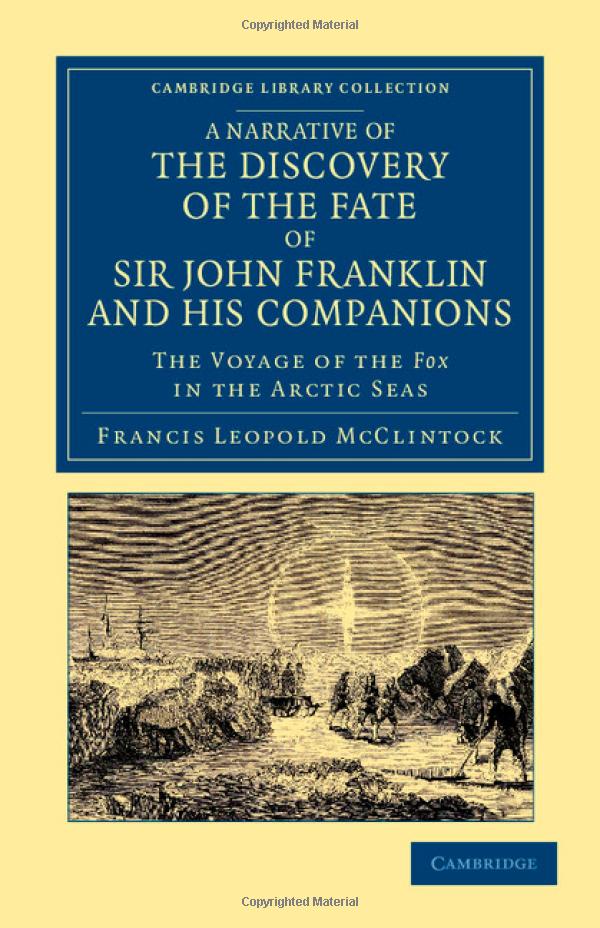Understanding the Philosophical Insights of Peter Frankfurt: A Deep Dive into His Theories
#### Description:In the realm of contemporary philosophy, Peter Frankfurt stands out as a prominent figure whose theories on free will, moral responsibility……
#### Description:
In the realm of contemporary philosophy, Peter Frankfurt stands out as a prominent figure whose theories on free will, moral responsibility, and the nature of desire have captivated scholars and enthusiasts alike. His work has not only challenged traditional views but also opened new avenues for understanding human behavior and ethics. This article aims to explore the profound insights of Peter Frankfurt, shedding light on his contributions and their implications for our understanding of autonomy and personal identity.
One of the most significant contributions of Peter Frankfurt is his formulation of the concept of "higher-order desires." In his influential essay, "Freedom of the Will and the Concept of a Person," Frankfurt argues that a person's autonomy is not merely about the ability to act on their desires but also involves the capacity to reflect on those desires and endorse them. This distinction is crucial for understanding moral responsibility. For instance, if an individual has a desire they do not endorse, they may lack the autonomy that is essential for moral accountability.

Frankfurt's exploration of desire leads to his famous "Frankfurt cases," which serve as thought experiments to illustrate the complexities of free will. These scenarios challenge the principle of alternate possibilities, suggesting that one can still be morally responsible for their actions, even if they could not have done otherwise. This has sparked extensive debate in philosophical circles, influencing discussions on determinism and the nature of choice.
Moreover, Peter Frankfurt has delved into the concept of "volitional necessity," which posits that individuals can be compelled to act in accordance with their higher-order desires. This idea further complicates the traditional understanding of free will, as it suggests that our actions are not only influenced by our immediate desires but also by our reflective endorsement of those desires. This perspective encourages a more nuanced view of human motivation and the factors that drive our decisions.

In addition to his philosophical inquiries, Peter Frankfurt has contributed to discussions on the nature of personal identity. He argues that our identities are shaped by our desires and the commitments we make to those desires over time. This dynamic understanding of identity challenges static notions and emphasizes the importance of introspection and self-reflection in the formation of who we are.
Frankfurt's work has significant implications beyond philosophy, influencing fields such as psychology, ethics, and political theory. His insights into desire and moral responsibility resonate with contemporary discussions on autonomy in various contexts, from personal relationships to societal structures. By engaging with Peter Frankfurt's theories, one can gain a deeper appreciation for the complexities of human agency and the moral dimensions of our choices.

In conclusion, Peter Frankfurt offers a rich tapestry of philosophical insights that challenge conventional wisdom about free will, desire, and personal identity. His arguments encourage us to reflect on our motivations and the nature of our commitments, ultimately leading to a more profound understanding of what it means to be human. As we navigate the intricacies of our desires and decisions, the work of Peter Frankfurt serves as a valuable guide, illuminating the path toward greater self-awareness and moral responsibility.